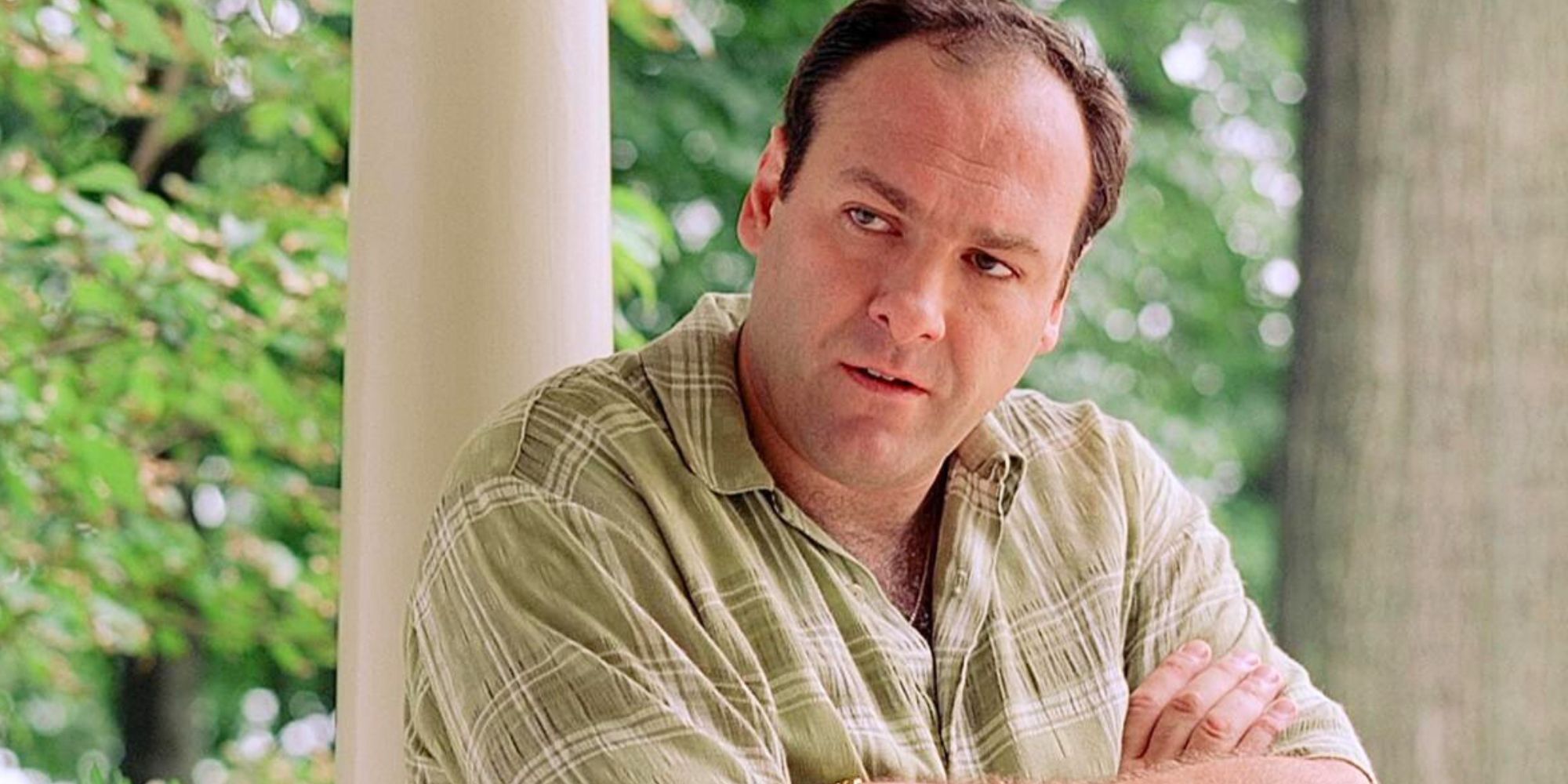The gangster genre has long been known for its leading men — brooding, violent, hypermasculine leaders of their respective families and crime enterprises. While this character archetype has certainly laid the way for some of the most iconic performances in film and television history, its overuse reinforces a harmful stereotype of how men in powerful positions should behave and interact with those around them. In HBO’s newest crime drama The Penguin, which takes place in the cinematic universe of Matt Reeves’ The Batman, this character type is challenged by the likes of Oz Cobb (Colin Farrell). Instead of leaning into tropes of prejudice and arrogance, The Penguin depicts Cobb as a man who is more concerned with protecting himself and the ones he loves than preying on those who already face adversity. While fans of traditional mob stories may find this switch in characterization a bit jarring, it ultimately creates a more unique, empathetic lens to view the world of organized crime through.
Toxic Masculinity Has Commonly Found a Home in the Mob
It would not be hard for any viewer of popular mob, gangster, or mafia media to recognize a trend in the type of masculine characters that typically lead these stories. The majority of them are often quite violent and unpredictable, making them entertaining to watch but mostly unpleasant for other characters to be around. Tony Soprano (James Gandolfini), one of the most popular gangsters in television history, is commonly shown struggling to keep his anger management issues in check and oftentimes taking it out on the people around him. Tony is also known to throw around extremely homophobic slurs, racist remarks, and mostly views the women in his life as erotic objects rather than real people with wants, needs, and dreams.
These toxic personality traits are not exclusive to Tony Soprano or even television, though, as many of film’s most famous mobsters match this characterization seamlessly. Take Scarface, for example, where the protagonist Tony Montana (Al Pacino) similarly uses harmful homophobic slurs in the midst of all of his violent outbursts. Even Vito Corleone (Marlon Brando) of The Godfather, who is arguably one of the most popular characters in cinematic history, is known for his strict rules about the non-inclusion of women in business affairs, even when it may affect them and their families. While these characters’ traits don’t necessarily make the films themselves particularly offensive, overtly violent or hypermasculine, it certainly speaks to a larger trend in the types of characters that become iconic figures in popular culture.
Oz Cobb Is a Different Kind of Gangster
While The Penguin‘s Oz Cobb is certainly not adverse to the type of impulsive violence that the gangster genre is so well known for, the premiere episode of the new HBO series effectively cast him in a much different light than fans of mobster media are used to. In one brief moment, which inspired a slew of viral social media posts, Cobb is shown greeting two seemingly trans sex workers when entering his Gotham City apartment. While it’s not entirely clear what his relationship with these women is, it is obvious from their quick interaction that they have some sort of friendly history; a moment surely surprising for those who may have been expecting Cobb to assume a much harsher, potentially hateful sort of character type.
Oz’s willingness to show empathy towards those who society may consider outcasts is on full display throughout the rest of the episode as well, as evidenced by the taking of Victor Aguilar (Rhenzy Feliz) under his wing. When Oz first meets Victor, it is clear that he is down on his luck, a young kid that is forced into mischief and crime in order to get by. Whether Oz was in a forgiving mood, or if he felt empathy for Victor as he stuttered through his words, it is clear that he is not the type of gangster that will torment those who are already suffering; he’s a fighter for the underdog. Instead, Cobb is painted as a man who feels unjustly slighted by the world, and audiences want to root for his ascension to power.
Oz Understands What It’s Like To Be an Outcast
One thing that makes Oz an especially unique example of the gangster archetype is his deep understanding of what it is like to be misunderstood or cast aside by the rest of society. In the first episode, audiences learn that Oz has clubfoot. Due to this, he has to wear a metal brace on his foot that forces him to walk with a limp. Since Cobb grew up poor, the condition went untreated, and ultimately left him in constant pain. This is notably where the nickname “Penguin” stems from, which was originally used by his Falcone mob colleagues to poke fun at him.
Oz’s humble beginnings allow him to understand those who are so often mistreated, such as those with disabilities or those who feel uncomfortable with their gender identity. Although his enemies may believe these soft spots make him weak, they are actually what set him apart from those whose lust for power knows no bounds. This depiction of Oz as a morally ambiguous mobster as opposed to a full-fledged heartless criminal allows the audience to develop a much more complex relationship with him, and opens up space for him to make meaningful connections with other characters in the show. Instead of simply hating him for his crimes, viewers will now seek to understand the motivations that push Oz through the rest of the season.
The Penguin is available to stream on Max in the U.S.
WATCH ON MAX



